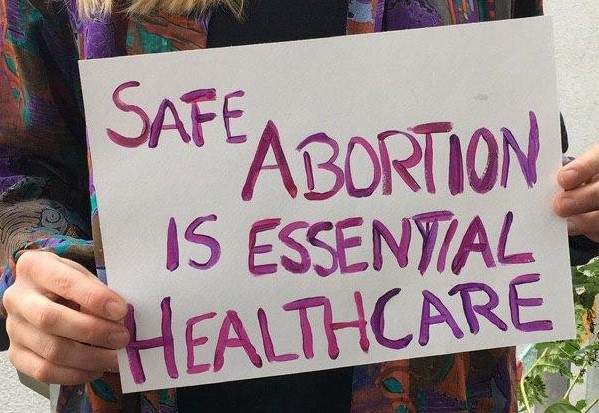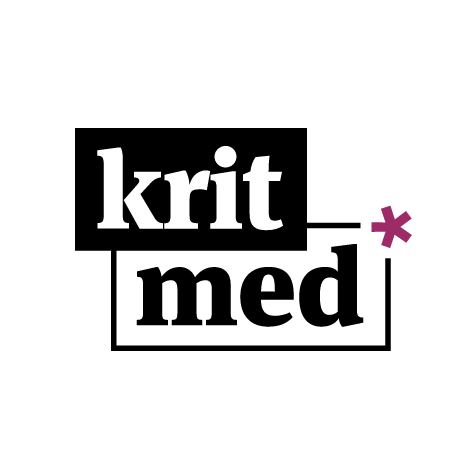Abortion in Dresden – an information guideline

People with unwanted pregnancies usually find themselves in a straining situation. Unfortunately, it can be hard to get the social support and information on abortions you need. This website is an attempt to gather the most important information. Instead of explaining details ourselves, we gathered already existing websites.
Although many websites mostly speak about ‘women’, we are aware that many people can get pregnant, that do not necessarily describe themselves as ‘women’.
We would be happy to receive your feedback and will do our best to keep the website up to date.
Flowchart
In order to get to the answers to the below listed questions directly, click on the links below each question.
